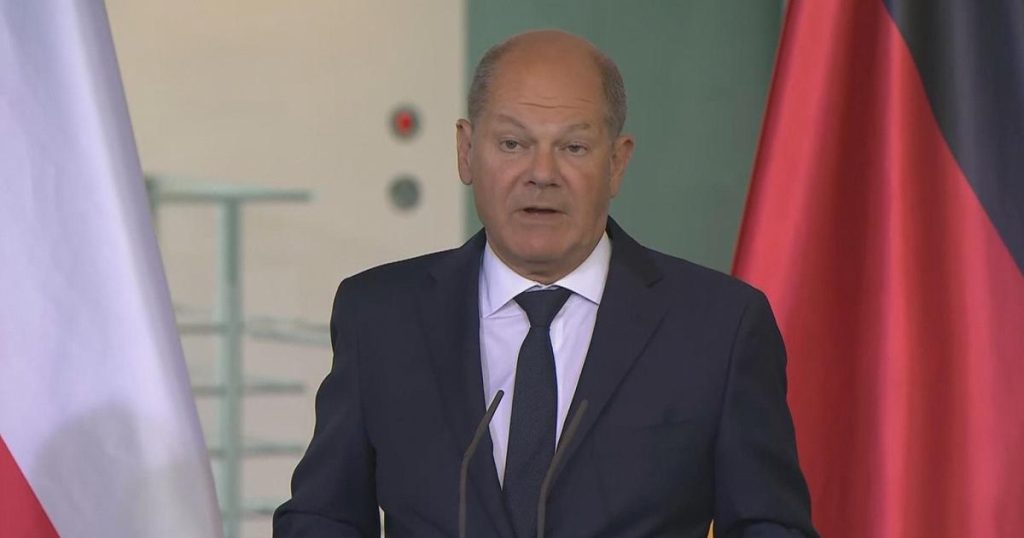Olaf Scholz and Emanuel Macron are the major losers of the elections, with very different strategies for bouncing back. Scholz, the German Finance Minister, suffered a significant setback with his party losing ground in the polls. He is facing criticism for his handling of the economy and is under pressure to deliver on promises made during the campaign. Macron, the French President, also faced disappointment as his party failed to make significant gains in the elections. He is seen as being out of touch with the concerns of the people and lacking in vision for the future.
In response to their losses, Scholz and Macron have taken different approaches. Scholz is focusing on rebuilding trust with the public by emphasizing his commitment to social justice and economic reforms. He is also working on forming coalitions with other parties to strengthen his position. Macron, on the other hand, is doubling down on his pro-European stance and pushing for more integration within the European Union. He is using his platform to advocate for measures to combat climate change and promote LGBTQ rights, hoping to appeal to a younger and more progressive demographic.
Despite their efforts, both Scholz and Macron are facing challenges in regaining popularity. Scholz’s party is struggling to maintain its traditional base of support, with many voters turning to more left-wing or right-wing parties. Macron’s image as a reformer has been tarnished by allegations of corruption and elitism, making it difficult for him to connect with the average citizen. Both leaders are also contending with the rise of populist movements that are gaining traction among dissatisfied voters.
In order to stay relevant in the political landscape, Scholz and Macron need to adapt their strategies and address the concerns of the electorate. Scholz must focus on delivering tangible results in terms of economic growth and social welfare, while also addressing issues such as immigration and national security. Macron needs to show a more empathetic side and demonstrate that he understands the challenges facing ordinary citizens. Both leaders must also find ways to counter the narrative of populists who preach anti-establishment rhetoric and offer simplistic solutions to complex problems.
The future of Scholz and Macron will depend on their ability to navigate the shifting political landscape and appeal to a diverse range of voters. Scholz’s success will hinge on his ability to deliver on his promises and build coalitions that can support his agenda. Macron will need to show that he can lead effectively both at home and on the European stage, while also connecting with the concerns of everyday people. Despite their setbacks, both leaders have the potential to recover and regain the trust of the electorate if they are able to adapt and evolve in response to changing circumstances. Only time will tell if they will be able to turn their losses into victories and secure their places in the political arena.


